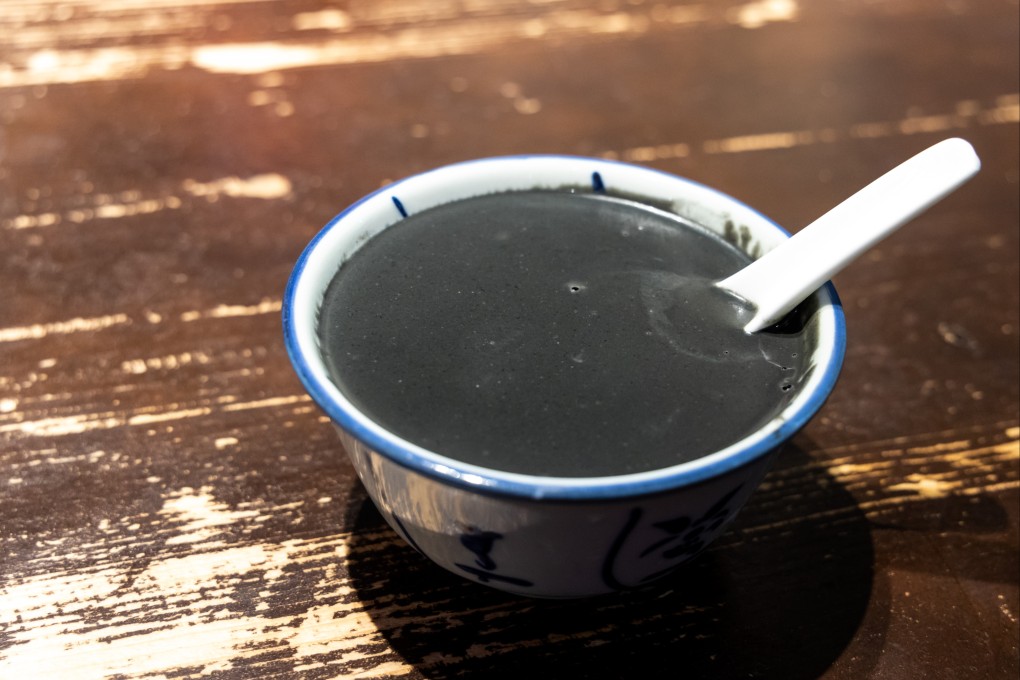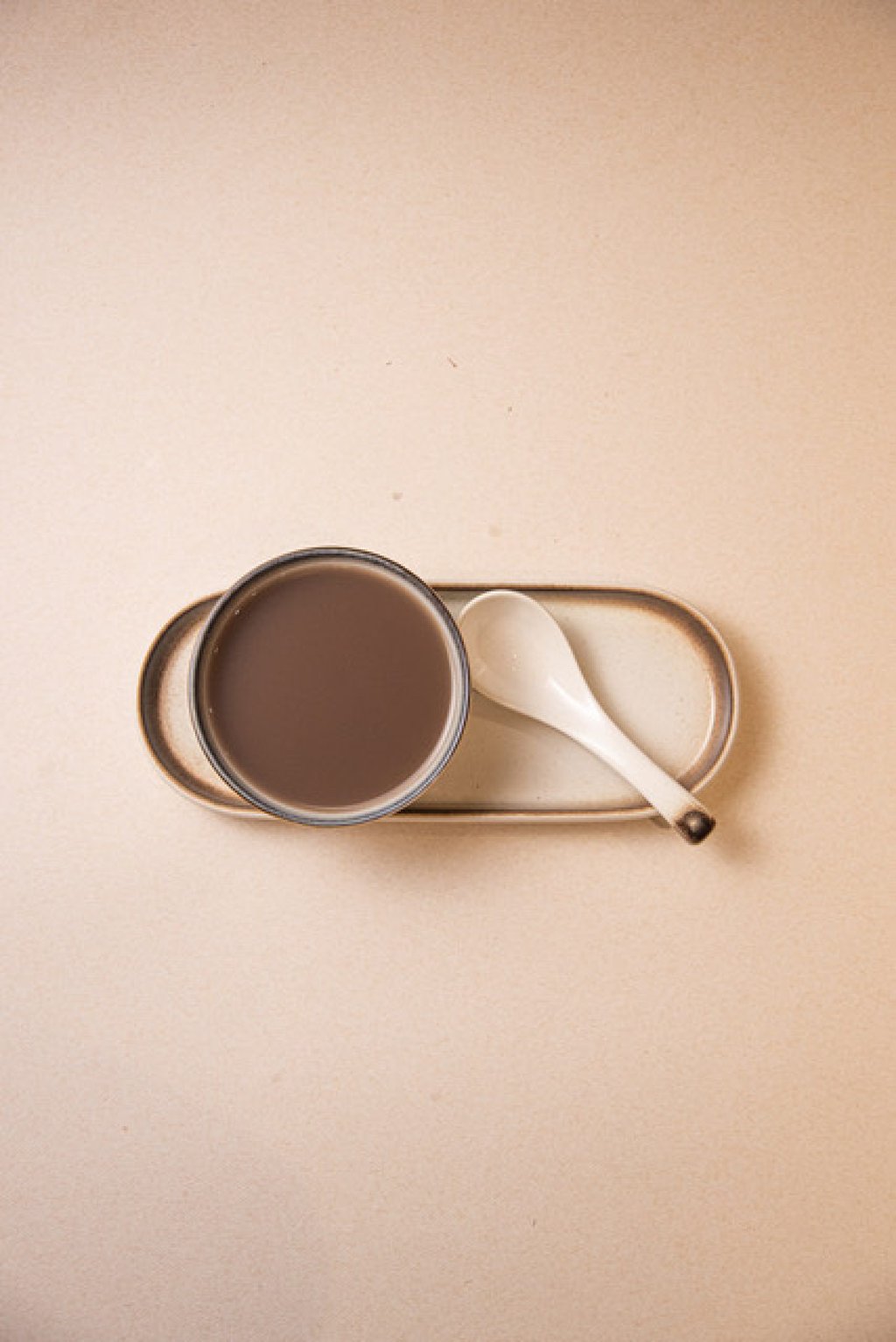Chinese sweet dessert soups - why the hate? Tong sui is complex, delicious and not too sweet after all
- Sweet soup is a foreign concept to non-Asian audiences, and this often leaves Chinese dessert soups, from red bean to black sesame, underappreciated
- Chinese culture favours desserts that aren’t that sweet, and tong sui’s lack of sugar allows the natural flavours of this traditional treat to shine

I was at a dinner party recently, and I felt the urge to defend a soup.
“Hong Kong people love it when desserts are not too sweet, but then why are Chinese desserts so, so sweet?” pondered a guest. They were referring specifically to sweet soups (literally, this is what they are called in Cantonese – tong being sugar and sui water), such as red bean, sesame and nut-based desserts.
Instead of launching a counterattack, I, in a fit of panic, demurred. But reflecting on this later, I was intrigued by the marked difference in our perception of sweetness. After all, the ultimate praise for “teem bun” (sweet items) among my fellow Chinese eaters is when it’s not that sweet at all, a culinary trope that has found its way into the mainstream.
I grew up relishing the light citrusy notes of aged mandarin peel in a velveteen red bean soup, and the clean, earthy notes of its less attractive cousin, green bean soup – which has the unfortunate shade and consistency of gruel.

